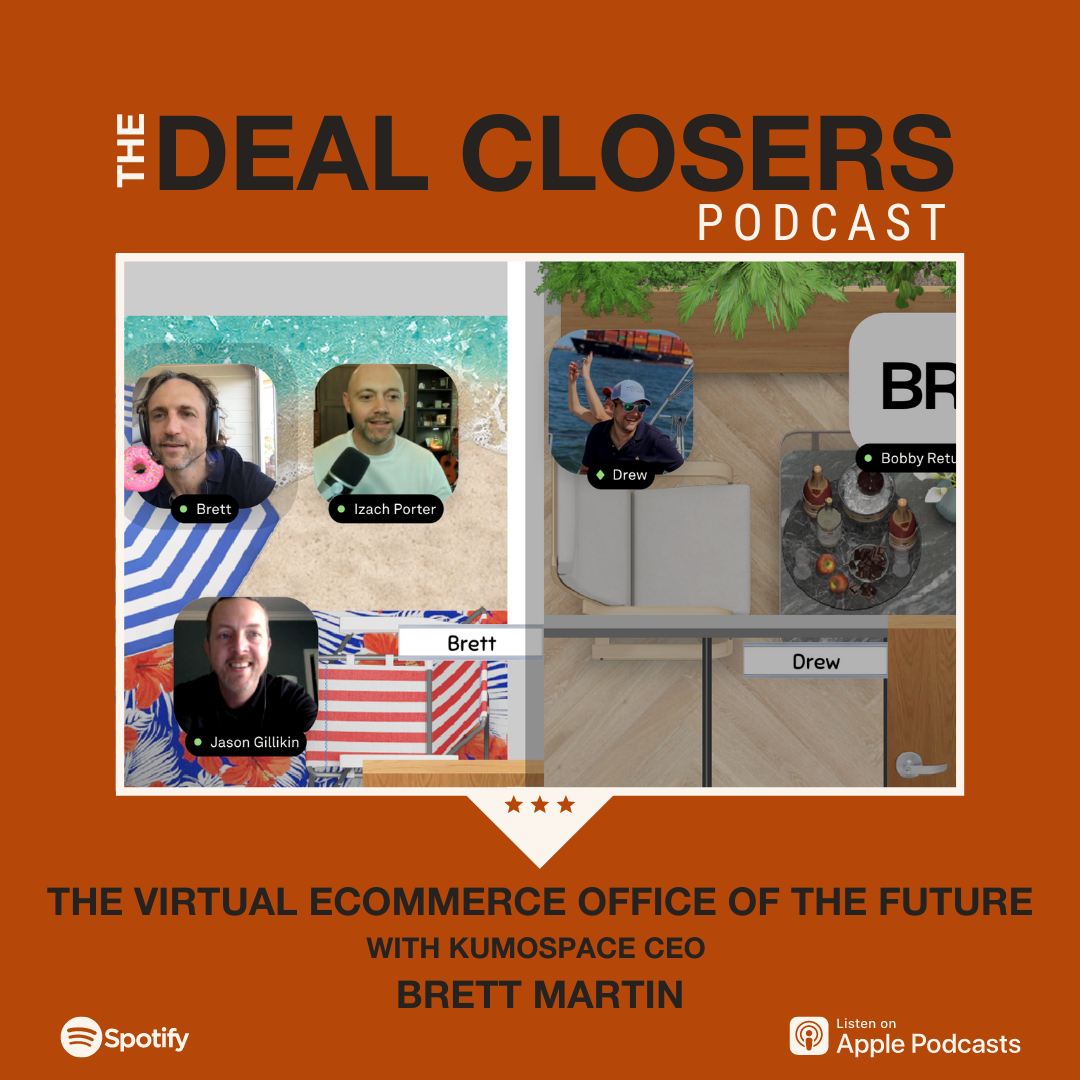
Who could forget one of the most significant tech announcements made in late 2021, when the founder of Facebook introduced the world to the Metaverse? This 3D world with limitless possibilities is accessible to anyone over the internet and could revolutionize human interactions like hanging out with friends and work conferences. With the trend of virtual headsets, virtual reality is a concept everyone is increasingly becoming familiar with.
Imagine a world where you can earn while you’re in your pajamas sipping on your favorite beverages. Well, now, you no longer need to dream. Welcome to the world of Ecommerce!
Ecommerce offers flexibility, enabling you to work anytime and anywhere without needing physical stores. All you need is a computer and an internet connection, and you can reach customers worldwide. You can now achieve many things you couldn’t have dreamed of in running a physical store. The whole world is your marketplace.
The e-commerce market is growing exponentially, giving unlimited earning potential. The more effort you put in, the more benefits you reap.
When the pandemic began in late 2019, everyone had to work from home. Now that the pandemic has been lifted, workers have gotten too used to the comfort of working in their own homes. A virtual reality office space provides an immersive experience complete with 3d objects making it a unique and futuristic way for remote work to remain engaging. With a virtual meeting, team building is attained, making the experience immersive and engaging for everyone involved.
Teams can conduct an immersive in-person meeting through virtual tours using platforms like Meta Quest in a virtual office space, transforming how we collaborate and connect. These platforms showcase the future of the workspace, and the possibilities technology allows us to turn into reality. With a virtual office, there is no longer a need for a physical meeting. You can now do a meeting in VR, enabling team members to attend wherever they are.
Virtual reality offices were a huge help when the pandemic began. Everybody had no other choice but to stay in their homes without the ability to leave due to COVID-19, and as humans, we crave human interaction. Video conferences became an alternative, although it does not offer the same comfort and engagement a virtual reality office meeting offers. A virtual office also offers a legally verified address for your business without needing to rent or own any property.
Employees appreciate the fact that they can do their work in their chosen environment. Here are the critical components of a virtual e-commerce office:
These key components will enable you to start or make your own virtual office for your business.
We are in the digital age, and every day, technology is evolving. Here are the advancements in technology that shape the virtual e-commerce offices:
A virtual reality office of the future ensures that your business will be future-proof. Many companies have missed out because they didn’t take advantage of the opportunities advancements in technology offer. Being aware of these advancements and utilizing them will ensure that your business will be around for a long time.
Traditional video conferencing and video calls are no longer ideal since you cannot see who is paying attention and being productive in team meetings. Virtual offices offer a lot more for the company and its employees. Here are the benefits of having a virtual office:
These are the benefits you will obtain when you change your traditional physical offices into virtual or augmented reality.
While virtual offices do offer a lot of benefits, they still include particular challenges and disadvantages. Here are the challenges you will face in implementing a virtual e-commerce office and the solutions to mitigate them:
Solution: Set goals for each employee and be upfront about your expectations.
Solution: Create a lobby or a specific room where employees can go and interact with each other.
Solution: Use specific video conferencing tools to ensure collaboration and make it more prominent in the workplace.
Once all the risks are mitigated, business owners can rest without worrying if the business is operating efficiently.
Virtual e-commerce offices represent the significant change we will see in how businesses will operate shortly. Leveraging technological advancements creates an environment that prioritizes employee satisfaction and business efficiency. Adapting to technological changes in the early stages will ensure that the company will thrive and be future-proof on whatever change may come.